Deeply Conflicted
February, 2021. End of treatment was originally supposed to be a year from now, but here we are, a year early, all together and intact, and yet I am struggling to find a way to feel joy this week. Wes deserves it – he should be partying like it’s a birthday, new years, and the pandemic end all in one. The universe never promised my feelings would be simple.
So many things are on my mind weighing against that joy I still hope I can discover. Not all of this makes any sense to me, so I don’t expect it to for you – I’m just writing to try to understand myself.
More than a year ago, as frontline ended and we transitioned into long-term maintenance, I first experienced the worry of feeling untethered, that we had lost at least some of the access to the medicine and people who were keeping him alive. The frequent attention from doctors and nurses and medical technology provided us a sense of security, in spite of that attention being almost entirely driven by crisis – the more we saw them the more we felt, at least, like we knew what was going on inside Wes. We could guess within a negligible margin what his ANC, WBC, and RBC were, and then almost overnight we felt like we lost visibility into his condition – a once-a-month blood test is not enough to really feel like we can interpolate in between, so our risk calculus changed. A month is a long enough time that everything can change, yet in LTM that’s as granular as our information got, so we had to be more vigilant even. Now, as we wrap up LTM, we’ll be going on even less frequent attention from oncology and fewer tests. We’ll be doing more guessing about how he’s doing and will have fewer tools to know for sure. I’d kill for a home CBC machine, and am reminded how much I still hate Elizabeth Holmes, knowing how much false hope her lies engendered in so many desperate people.
The anxiety of not knowing connects directly to a reality that we will face for years to come – there is no cure for what Wes had/has, only statistical likelihoods. Some people look forward to 5, or 10, years with no events – no relapse – and call it cured, but the truth is there won’t ever be a moment where we can just say he’s free of it, that anything that happens in the future is unrelated to what he’s been through. He can relapse tomorrow, or 5 years from now, and there’s nothing we can do to prevent it, or even predict it. There’s no point in time, just a gradient of likelihoods of relapse – an asymptotic curve that approaches, but never quite reaches, 0. Still, this is the kind of head trip I have to reserve for myself – for Wes’ part I’m perfectly happy letting him live free of those facts, and free of the dark cloud of relapse, for as long as it’s practical. He may get old enough to understand the maddeningly nuanced truth, or he could get sick again and need to know. If it happens it happens, and we’ll deal with it then, but to the extent that he even understands what he’s been through, I’m happy to let him go forward believing it’s over for as long as that innocence can last.
A large part of knowing that relapse is possible is seeing it happen to so many; sometimes during treatment, sometimes years later. It’s crushing to even reckon with the possibility we may have to start all over again someday, and having so many friends who have or are currently going through this it’s especially hard to celebrate. That any child or their family should have had to experience this, or will experience this in the future, makes this moment particularly bittersweet, and we never want them to feel left behind. We’ve all been through too much of that already.
There’s also the very real question of long-term side effects. Back in 2018 when this all began we told ourselves that any side effects are nothing compared to losing him, and I feel that even more strongly today, but I also want him to have the best life possible in the future so it’s hard not to question and worry about in what ways this experience will impact him long after the 5- or 10-year mark. Will he be able to have children? Will his immune system recover enough for him to feel healthy and strong? How will the trauma affect him mentally and psychologically? Will he be able to go to school? Are we doing enough to help him? Are we spoiling him? Is he social enough, smart enough, reading enough? Will he blame us for all of this? And how will this effect Ruth, who will have her own perspective?
The truth is we don’t know the answers to any of this, but hope that over time we’ll receive some as enlightenment and learn to stop searching for others. We think he’s doing well – great, even – but with understandable scars. We all have a lot of recovering to do.
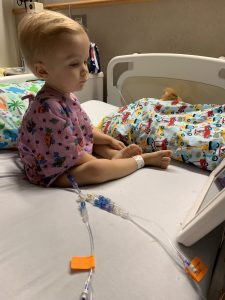
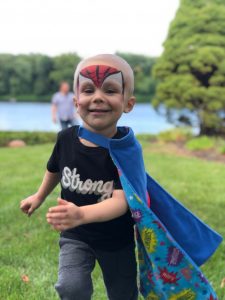
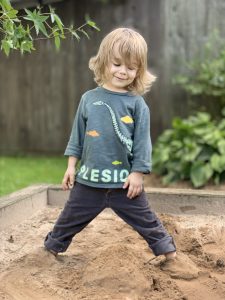
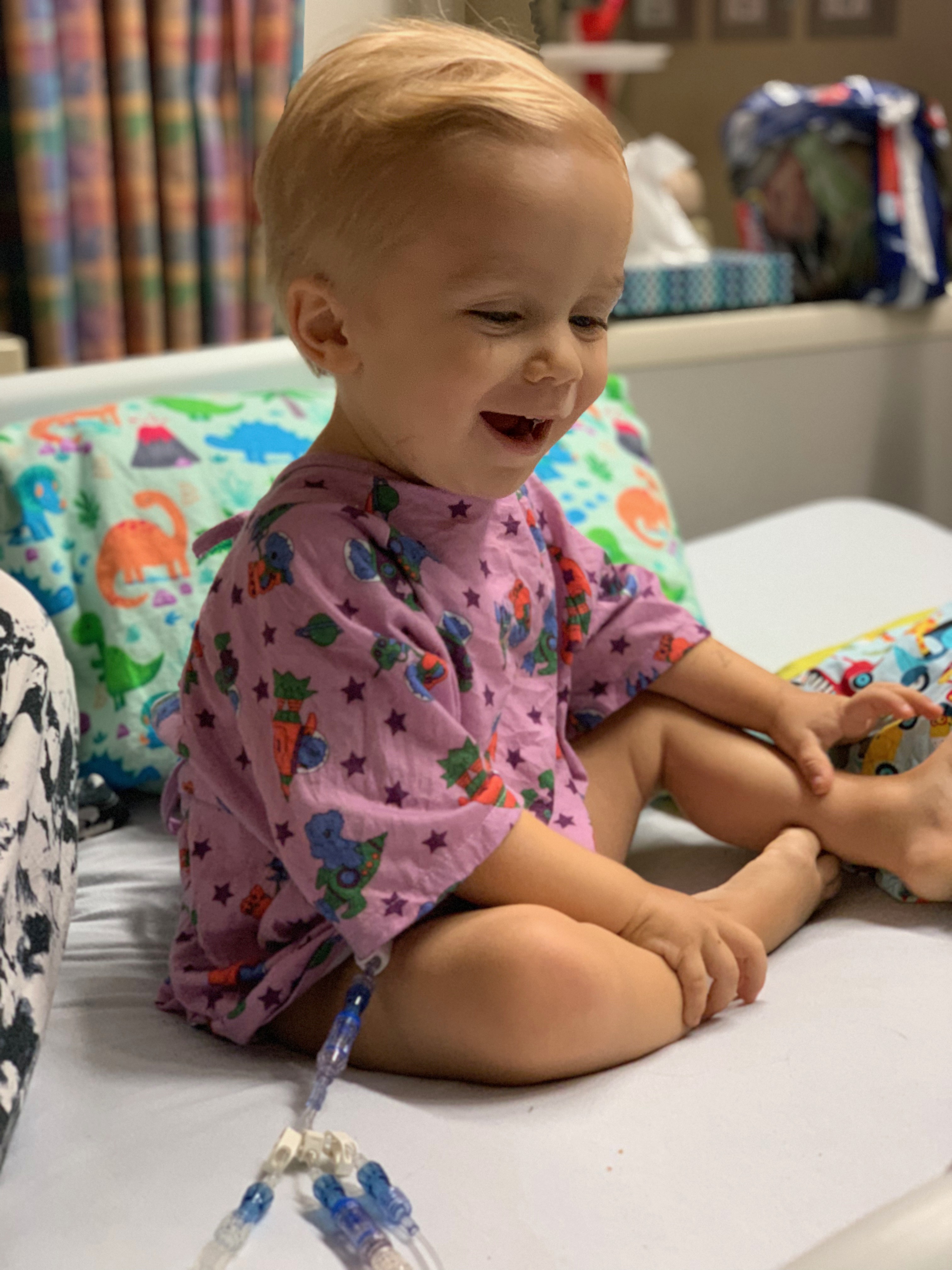
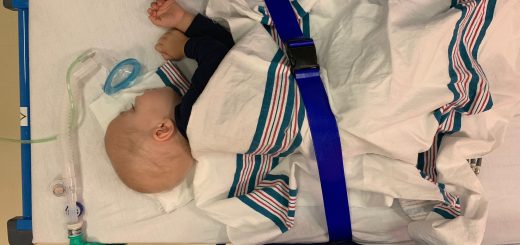
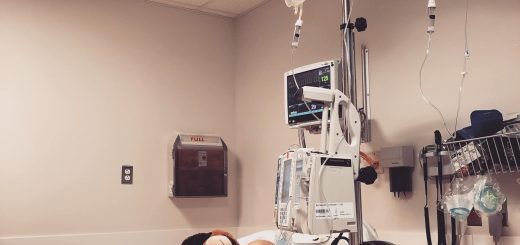
Yes, you all do. It won’t happen on a deadline. But time is a gentleman. Meantime be kind to yourselves. I’m so glad that you put your feelings into writing!